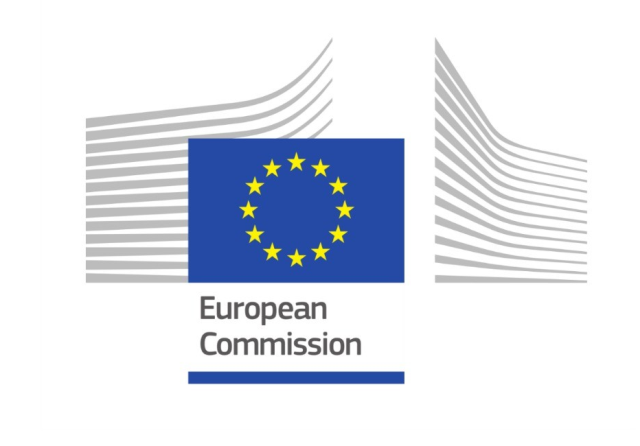CABINET – The new government of Romania, headed by the Social Democrat Viorica
Dăncilă, was validated on Monday by the 2 chambers of Parliament, which
convened in a special meeting after the ministers designates were heard in the
specialised committees. The new Cabinet, nominated by the Social democratic
Party and the Alliance of Liberals and Democrats in Romania, got 282 votes, and it only needed 233. 136 MPs votes against
and there was one abstention.Also on Monday,
the new ministers were sworn in, in the presence of the head of state, Klaus
Iohannis.He voiced his hope that this 3rd
cabinet backed by the ruling coalition would put an end to the government
hopping that last year led to a deterioration of the social climate and an
atmosphere that cannot be conducive to
the development of society. There is
a red line that governments are not allowed to cross, and infringing upon the
independence of the judiciary is unacceptable, the President warned. The ruling coalition must not overlook the
signal conveyed by hundreds of thousands of Romanians, who continue to support
the rule of law through street rallies, Iohannis added. Previously, in
Parliament Viorica Dancila said the goal of her Cabinet was for Romania
to be in the top half of the EU economies in 2020. She added that the means
to achieve this included an increase in infrastructure upgrade investments, further increases in citizen incomes, a public administration reform
and reducing bureaucracy. The Democratic Union of Ethnic Hungarians in Romania
and ethnic minorities MPs decided to give the new Cabinet a chance, whereas the
National Liberal Party, Save Romania Union and the People’s Movement Party, all
in Opposition, voted against it. The new Cabinet is made up of 28 members, with 4
deputy PMs, as compared to 3 in the previous executive team.
JUSTICE – Romanias President, Klaus Iohannis, will meet in Brussels on Wednesday with the President of the European Commission, Jean-Claude Juncker, and with the President of the European Council, Donald Tusk. The focal points on the agenda of talks include the judicial overhaul, the fight against corruption and Romanias holding the rotating presidency of the EU Council in the first half of 2019. The Commission has recently voiced its concerns with the latest developments in Romania, and called on the Romanian Parliament to reconsider the changes brought to the justice laws. The independence of the judiciary and its capacity to fight corruption effectively are essential cornerstones of a strong Romania in the EU, the President and the First Vice-President of the Commission, Jean-Claude Juncker and Frans Timmermans, respectively, said in a joint statement. At the end of 2017, the parliamentary majority made up of the Social Democratic Party and the Alliance of Liberals and Democrats in Romania adopted changes to the justice laws, raising concern among European institutions and member states, generating wide-scale protests in the country and stirring harsh criticism from magistrates and the right wing opposition.
EU FUNDS – In 2007-2017 Romania has received 45.7 billion Euros from the EU budget, accounting for an annual average of 2.8% of the GDP, the governor of the National Bank of Romania, Mugur Isărescu, said on Monday in a conference also attended by the EU Commissioner for Regional Policy, Corina Creţu. The central bank governor has also said that taking into account Romanias contribution to the EU budget, net inflows of European funds stood at 30.4 billion Euro, that is 1.8% of the GDP per year on average. Corina Creţu Monday started a two-day official visit to Romania. Her agenda also includes a meeting with the Prime Minister designate, Viorica Dăncilă, for talks on European funds. The European official has said she comes to Bucharest to lay the foundations for a tight and fruitful cooperation with the new Government, with regard to the best use of resources available under the multi-annual 2014-2020 financial framework, and for talks on the new post-2020 financial framework.
EU – The European Commission organises a ministerial meeting in Brussels on Tuesday, with 9 member states taking part, including Romania, which may be subject to infringement over breaches in air quality regulations. The other participants, besides Romania, are the Czech Republic, France, Germany, Italy, the UK, Slovakia, Spain and Hungary. A 2008 European Directive defines air quality thresholds and binds member states to limit the exposure of their citizens to air pollution. In spite of this obligation, air quality standards are still breached in over 130 cities in Europe, the European Commission says.
DEFENCE – Romanian chief of staff, gen. Nicolae Ciucă, takes part on Tuesday in Bratislava, in a conference of the US European Command (EUCOM). According to a news release issued by the Romanian Defence Ministry, Central European military chiefs will discuss, at the EUCOM conference, NATOs best possible responses to global security challenges. Other topics include national and regional security challenges, including the southern and eastern flanks of NATO, the common training programme for 2018 aimed at enhancing interoperability and the development of crisis response capabilities, the development of USA projects in Europe, and means for NATO members and partners to contribute to agreed Allied initiatives.
(translated by: Ana-Maria Popescu)





